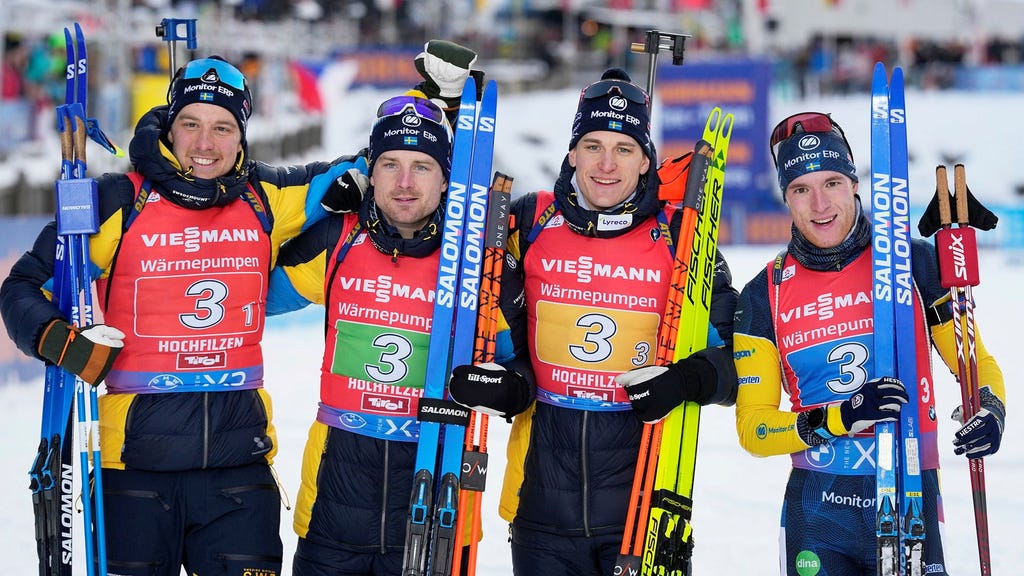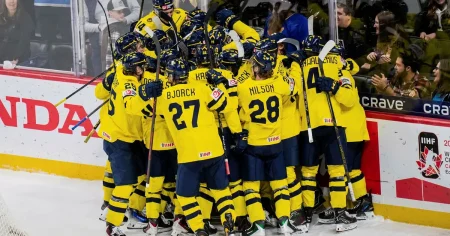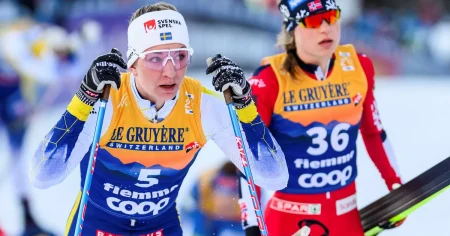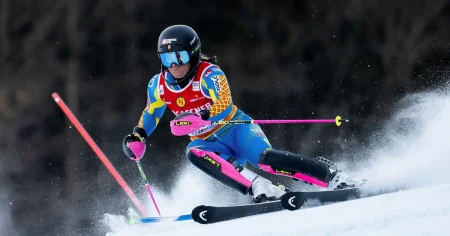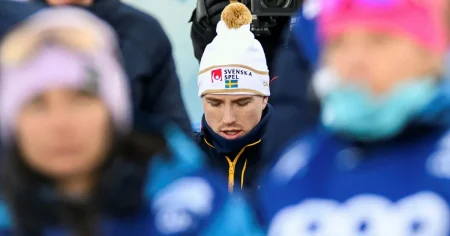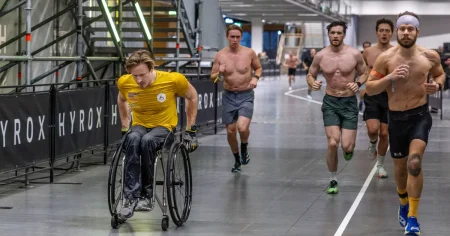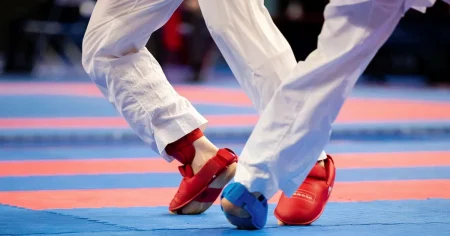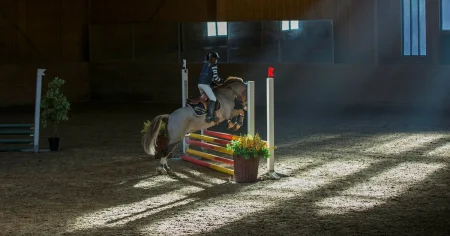The men’s relay biathlon competition at the world championships delivered high drama, culminating in a thrilling duel for the gold medal between France and Norway. The tension mounted as the race progressed, with the two nations battling neck and neck. Ultimately, it was France’s Émilien Jacquelin who held his nerve in the final stages, securing victory after Norway’s Vebjørn Sørum faltered on the shooting range. Sørum’s miss opened the door for Jacquelin to seize the gold, leaving Norway to settle for silver.
Behind the leading duo, a fierce contest unfolded for the bronze medal, involving Sweden, Germany, and Slovenia. The race for third place was characterized by shifting positions and dramatic moments. Sweden, despite a rocky start, emerged from the pack to claim the bronze, demonstrating resilience and determination. Sebastian Samuelsson, the anchor leg for the Swedish team, delivered a powerful performance, overcoming earlier setbacks by his teammates to secure a spot on the podium.
The Swedish team’s journey to the bronze medal was anything but smooth. Starting with Viktor Brandt on the first leg, the team immediately faced challenges. Brandt struggled on the shooting range, incurring three penalties and requiring all three spare rounds to clear the targets. While he managed to avoid a penalty loop, the extra time spent on the range put the Swedish team on the back foot. Despite challenging conditions, Brandt managed to keep the team within striking distance of the podium, handing over the relay to Jesper Nelin with a fighting chance.
Jesper Nelin, the second leg for Sweden, initially showed promise with a clean performance in the prone shooting. However, his standing shooting proved to be his undoing. A hasty first shot and subsequent misses resulted in a penalty loop, significantly hampering the team’s progress and dropping them down the leaderboard. This setback was particularly frustrating for Nelin, who admitted to making his ”worst shooting series” of the season. The unexpected struggle put additional pressure on the remaining Swedish skiers, Martin Ponsiluoma and Sebastian Samuelsson, to recover lost ground.
With the weight of expectation on their shoulders, Martin Ponsiluoma and Sebastian Samuelsson embarked on a challenging pursuit to recoup the lost time and secure a respectable finish. Despite facing an uphill battle, fueled by earlier setbacks. Ponsiluoma and Samuelsson delivered strong skiing performances and steadily closed the gap on the teams vying for the podium. Their combined efforts set the stage for a dramatic finale, culminating in Samuelsson’s pursuit for the podium.
Sebastian Samuelsson, the anchor leg, embarked on his final leg with a significant deficit to overcome. Showing remarkable poise and determination, Samuelsson chipped away at the gap with each passing kilometer. While he needed a spare round in prone shooting, he exited the range only seven seconds behind Germany, then in third. In the standing shooting, despite having to ski a penalty loop and using a total of 14 spare rounds, his powerful skiing allowed him to regain the lead. The combined efforts throughout their leg rallied to a dramatic finish securing Sweden’s bronze medal. This impressive comeback following an early setback highlighted the team’s resilience and Samuelsson’s exceptional individual performance under pressure.





